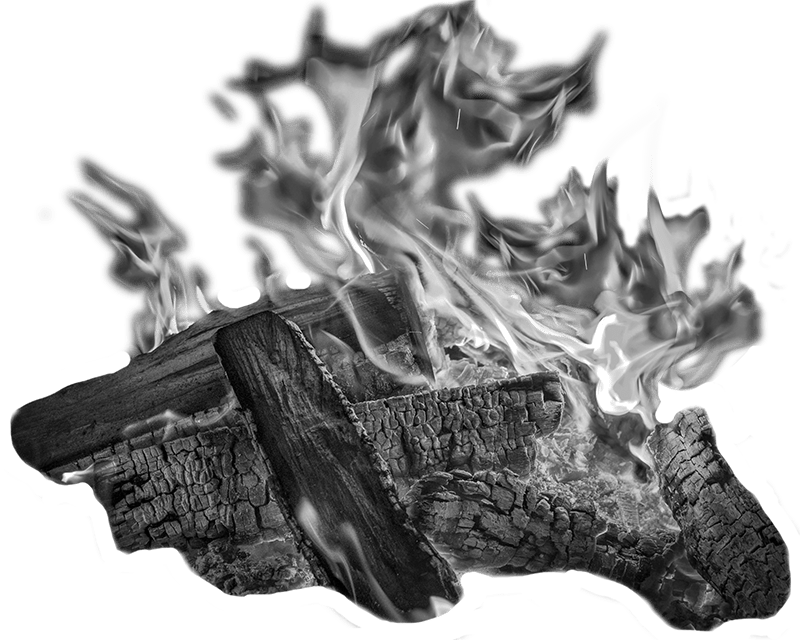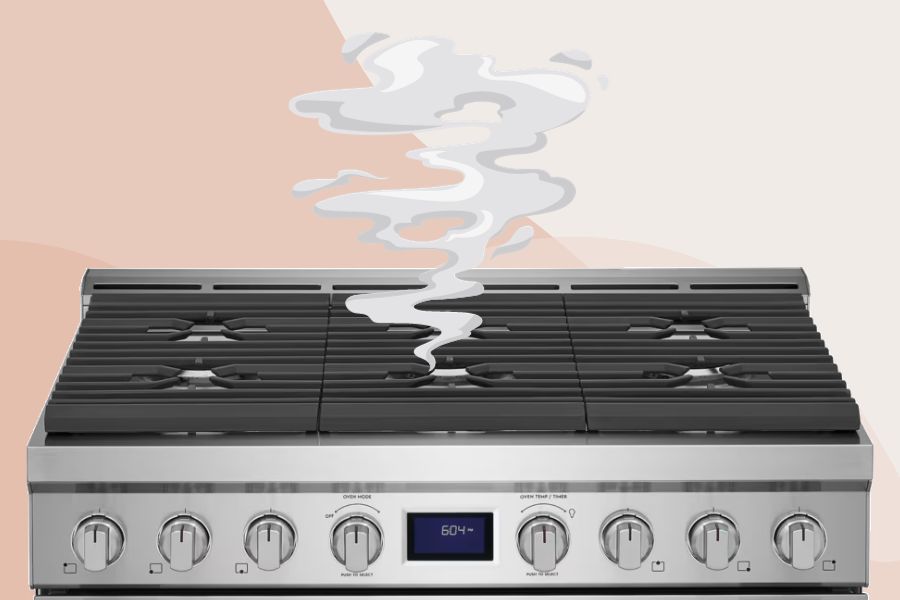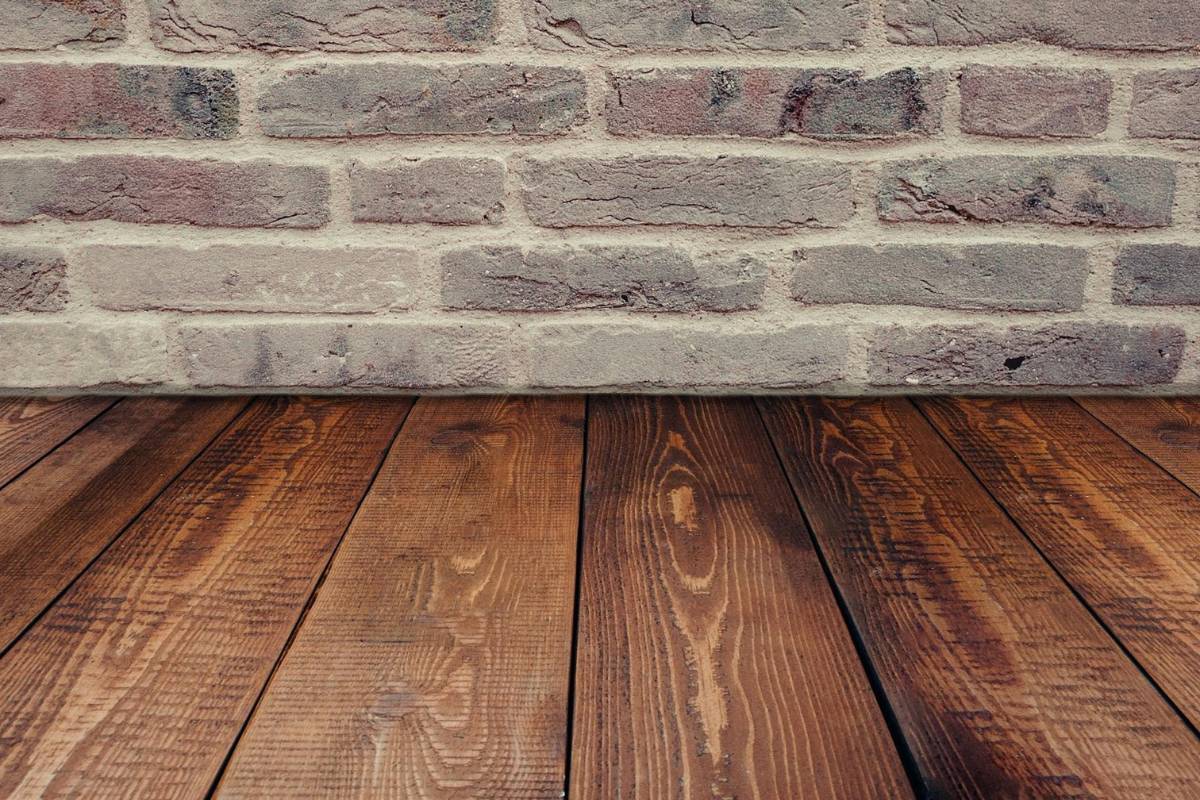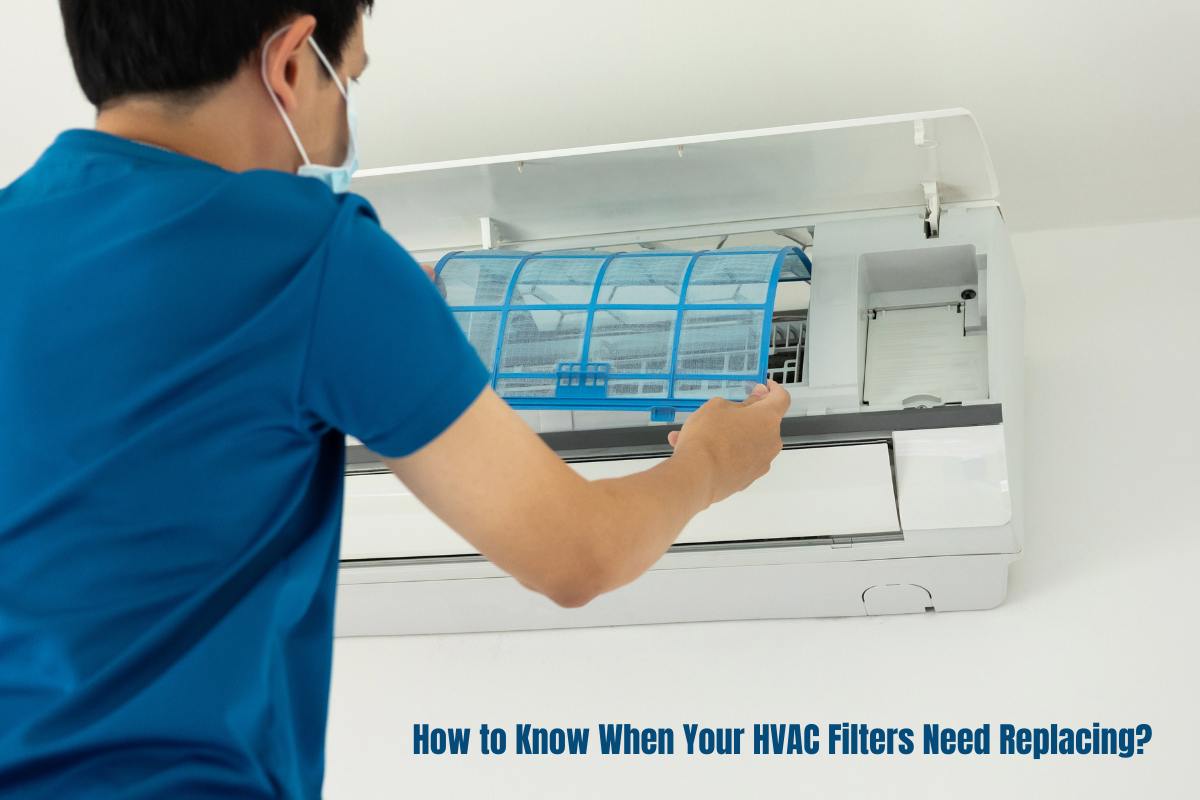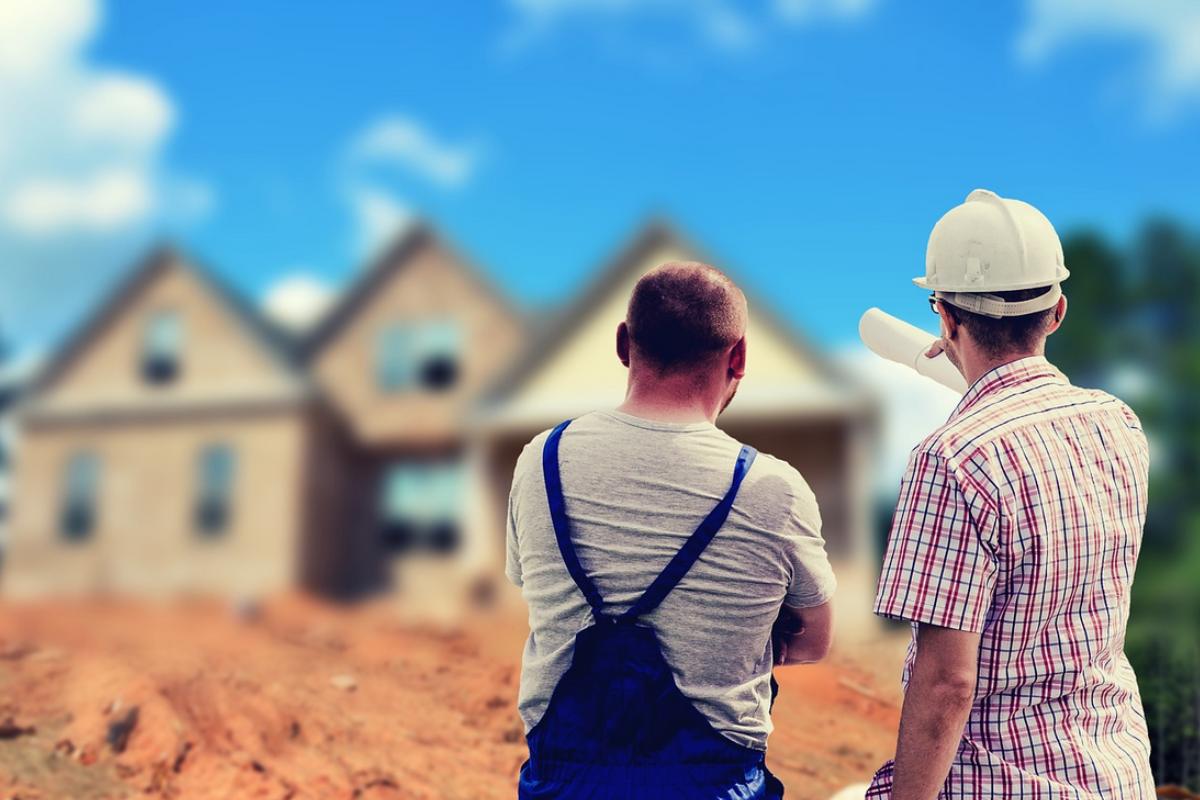A gas stove is a common appliance in most households, used for cooking and preparing meals. It is an essential appliance that allows us to cook food efficiently and quickly.
However, a gas stove that is not lighting but smells of gas can cause concern. A gas stove not functioning correctly can pose a safety risk, resulting in gas leaks and potential fires.
In this blog post, we will explore the causes of a gas stove, not lighting but smelling gas, safety measures to be taken, steps for troubleshooting, and prevention tips to avoid malfunctions.
With this information, you can ensure that your gas stove is functioning properly and safely for you and your family.
Why Gas Stove Won’t Light but Smell Gas
- Clogged Burner: The burners on a gas stove can become clogged with food residue, grease, or other debris over time. When this happens, the gas may not flow properly, causing it to smell but not light.
- Broken Igniter: The igniter is responsible for sparking the gas to ignite the flame. If it is broken, the gas will smell but not light. A common cause of a broken igniter is a power issue or a malfunction in the electrical system.
- Faulty Valve: The valve controls gas flow to the burners. If it is faulty, the gas may not flow properly, causing the stove to smell gas but not light. A faulty valve can also result in a gas leak.
- Obstruction in the Gas Line: An obstruction in the gas line, such as a kink or a blockage, can prevent the gas from flowing properly, causing it to smell but not light.
- Leaking Gas: A gas leak can cause a gas stove to smell but not light. A leak can occur anywhere in the gas line, including the connection points, the valve, or the burners. A leaking gas stove is a serious safety hazard and should be dealt with immediately.
Safety Measures When Dealing With a Gas Stove Not Lighting
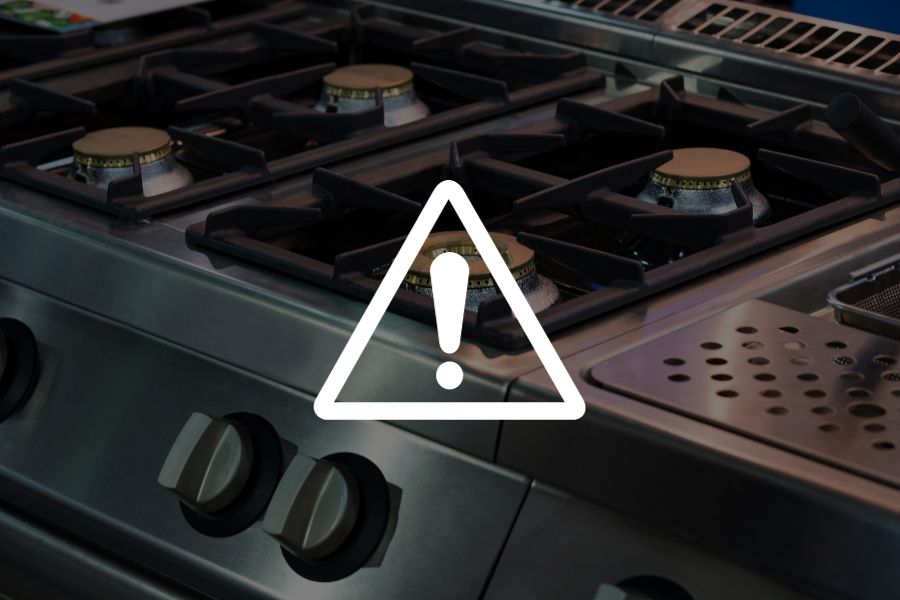
Turn Off the Gas Supply
If you suspect your gas stove is not functioning properly and smells gas, the first step is to turn off the gas supply. This can usually be done by turning the knob on the gas line to the “off” position.
Ventilate the Room
After turning off the gas supply, it is important to ventilate it. Open windows and doors to allow fresh air to circulate. This will help to reduce the risk of gas buildup and potential fire.
Avoid Using Electrical Switches
Do not use electrical switches, such as light switches or appliances, while the room is ventilated. A spark from an electrical switch can ignite the gas, causing a fire.
Call a Professional
If you suspect a problem with your gas stove, it is recommended that you call a professional. A licensed technician can diagnose the problem and make any necessary repairs. Attempting to fix a gas stove yourself can be dangerous and unnecessary.
A professional will have the proper training and equipment to repair the stove and ensure it functions properly and safely.
How to Fix Gas Stove That Smells of Gas but Won’t Light
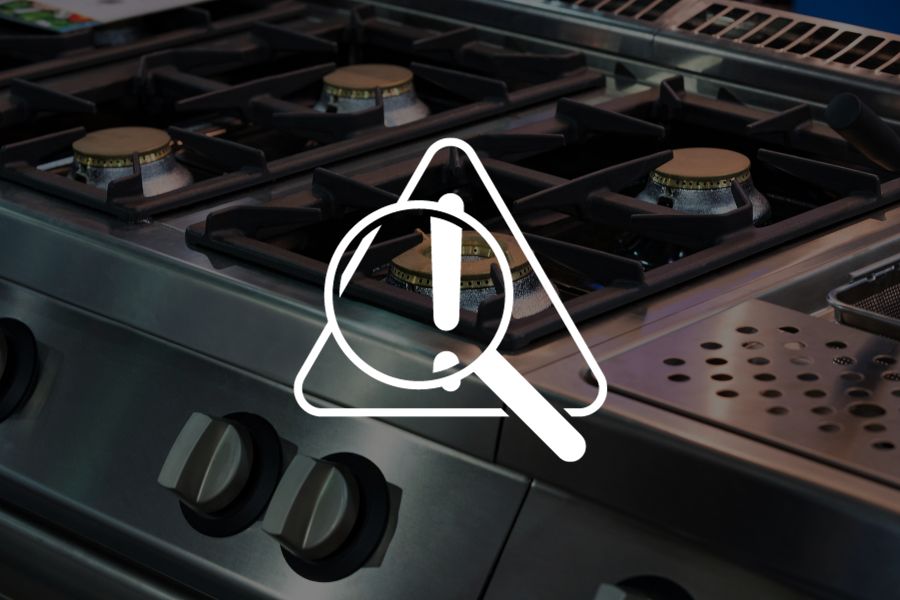
Check the Burner
If the burners on your gas stove are clogged, they may need to be cleaned. To check the burners, remove them from the stove and clean any debris or residue blocking the holes. Reinstall the burners and turn on the gas supply to see if the stove lights properly.
Inspect the Igniter
If the stove is still not lit, inspect the igniter. If the igniter is broken or not functioning properly, it will need to be replaced. A professional should be able to diagnose and repair any issues with the igniter.
Check the Gas Line
If the burners and igniter are functioning properly, the next step is to check the gas line. Look for any kinks or blockages in the line that may prevent the gas from flowing properly. If you find any issues, it is best to call a professional to repair them.
Check for Gas Leaks
If the gas line appears to function properly, the final step is checking for gas leaks. Use a soap and water solution to check for any bubbles that may indicate a gas leak. If you find a gas leak, immediately turn off the gas supply and evacuate the area. Call a professional to make the necessary repairs.
It is important to note that a licensed professional should only perform these troubleshooting steps. Attempting to repair a gas stove without proper training and equipment can be dangerous and is not recommended.
Prevention Tips to Avoid Gas Stove Not Lighting
Regular Maintenance
Regular maintenance is important to keep your gas stove in good working order. A professional should inspect the stove at least once a year to ensure that all parts are functioning properly and that there are no gas leaks.
Proper Cleaning
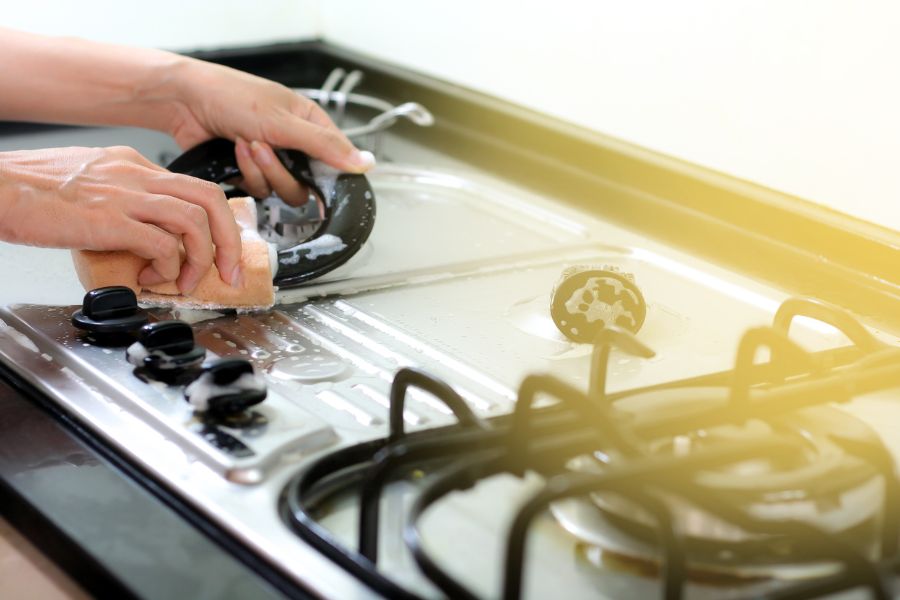
Regular cleaning of your gas stove can also help to prevent malfunctions. Clean the burners and make sure that no debris or residue is blocking the holes. Clean the igniter regularly and make sure that it is functioning properly.
Avoid Overloading
Overloading your gas stove can cause damage and increase the risk of malfunctions. Avoid placing heavy pots and pans on the burners, and ensure that the burners are not blocked by food or other debris.
Prompt Repair of Minor Issues
If you notice any minor issues with your gas stove, such as a flickering flame or a weak ignition, it is important to address them promptly. A minor issue can quickly become a major problem if not addressed on time.
Call a professional to diagnose and repair any issues with your gas stove to ensure that it is functioning properly and that you and your family are safe.
Is It Normal to Smell Gas from Stove?
When you first turn on your gas range’s stove or oven, it is not unusual to smell a brief, faint smell of gas. This is because the burner lights with a small flame at first. However, if the smell persists or strengthens, it could be a sign of a problem. It is important to investigate the situation to get to the root of the problem. If you suspect that there is a serious gas leak, you need to shut off all gas in the home, call the utility company, and leave immediately.
Other Gas stove troubleshooting Guides:
- Why Is My Gas Stove Not Clicking?
- Why is My Gas Stove Making Noise When It’s Off?
- How to Fix Gas Stove Igniter Not Sparking After Cleaning?
- How Much Does a Stove Weigh
- How Hot Does a Stove Top Get
- Do Electric Stoves Use Gas?
- Can I Use Induction Pan on Gas Stove
- Do Home Buyers Prefer Gas Or Electric Stoves?
- Do Gas Stoves Have Pilot Lights?
- What is Auto Ignition Gas Stove?
- Can You Put Gas Stove Grates in Dishwasher?
- How To Clean Electric Stove Coil Tops?
- Are Natural Gas and Propane Interchangeable
- Griddle for Glass Top Stove
Bottom Line
A gas stove that is not lighting but smelling gas can be a serious issue.
If you suspect your gas stove is not functioning properly, it is important to take the necessary safety measures and call a professional to diagnose and repair the issue.
Regular maintenance, proper cleaning, avoiding overloading, and prompt repair of minor issues can help to prevent gas stove malfunctions and ensure that your stove is functioning properly.
By following these tips and being mindful of any warning signs, you can keep your gas stove functioning safely and efficiently for years to come.
